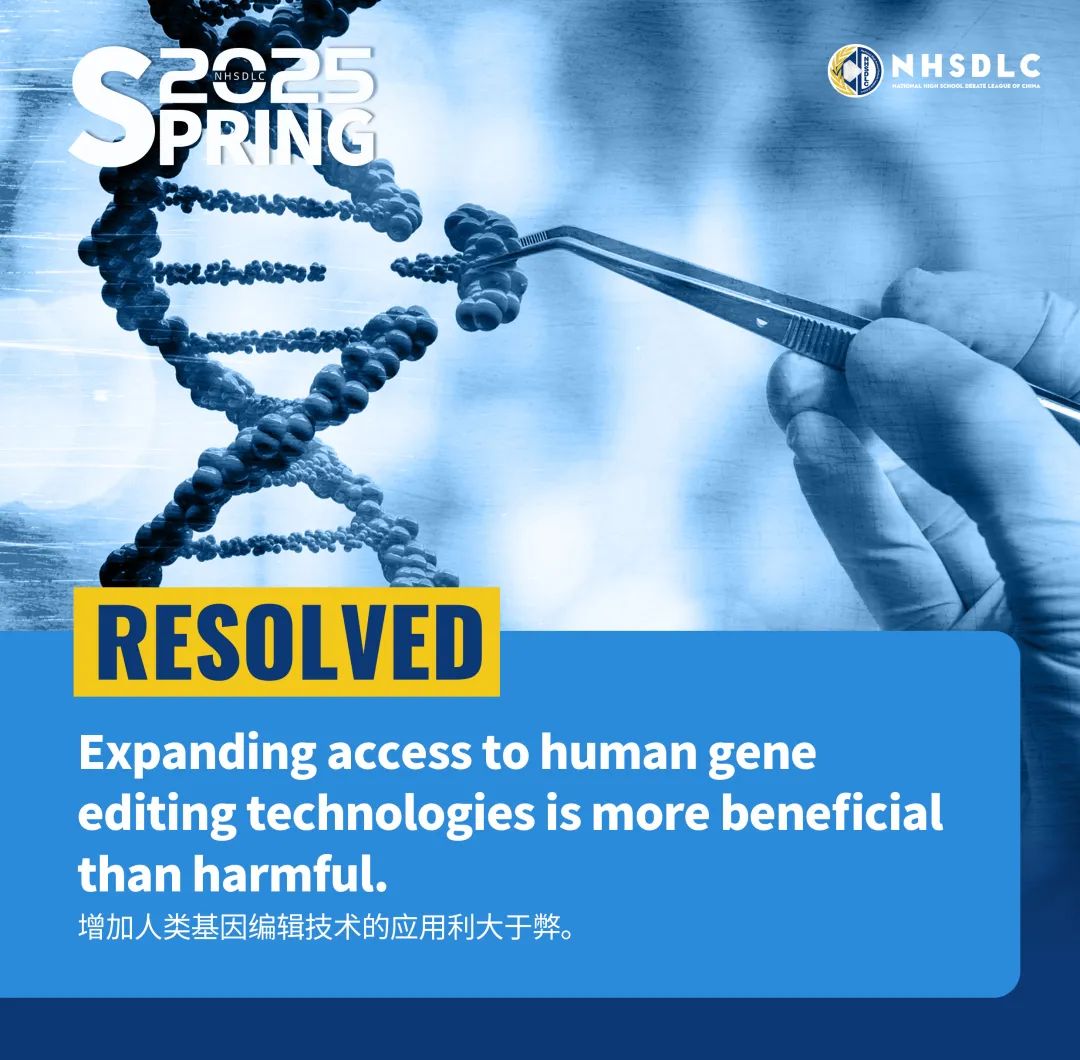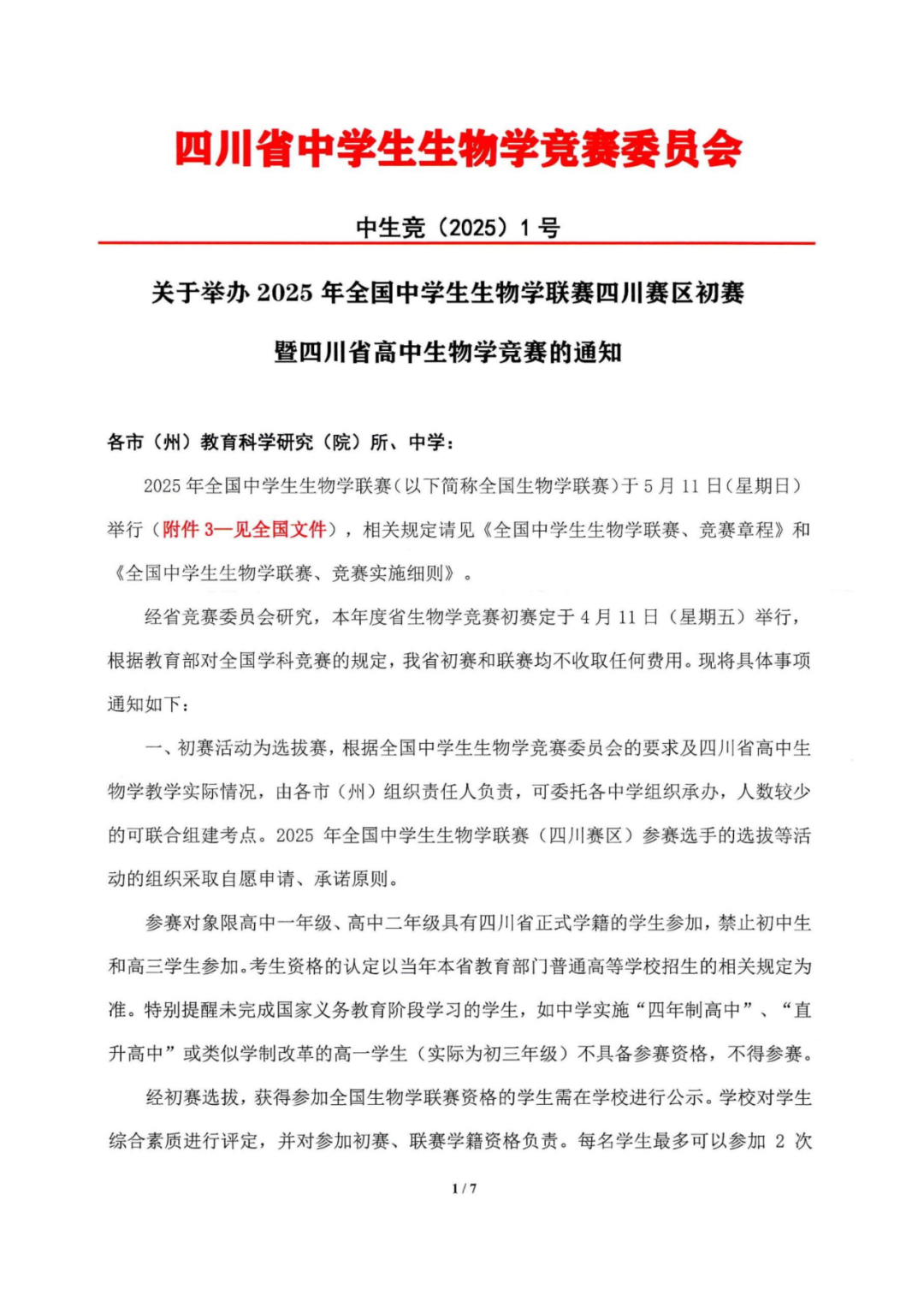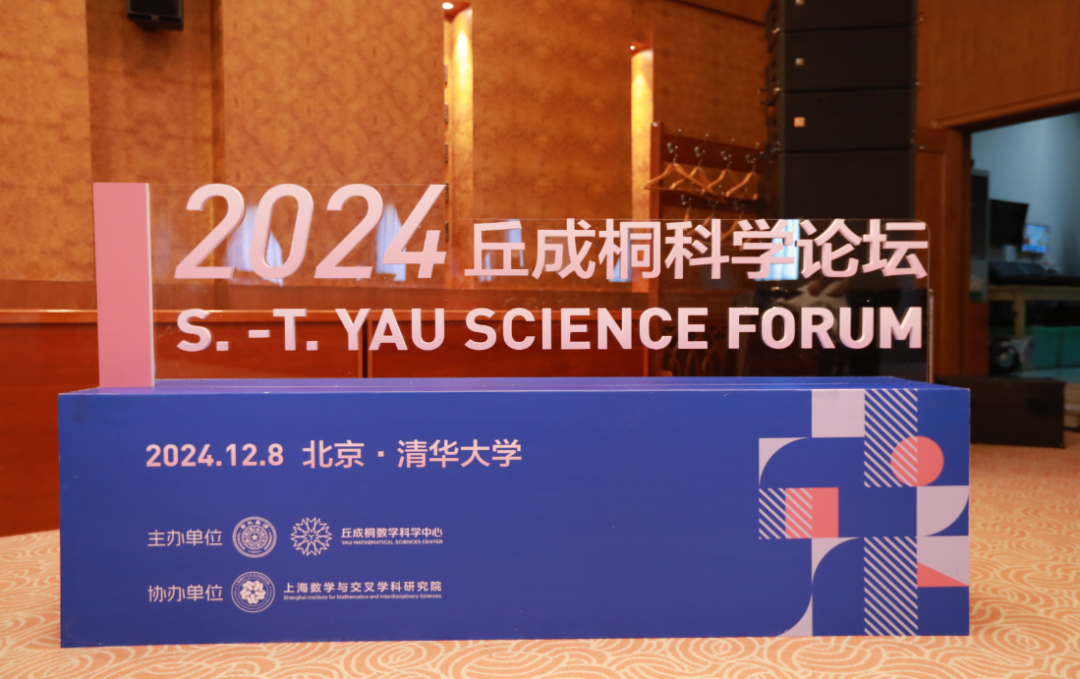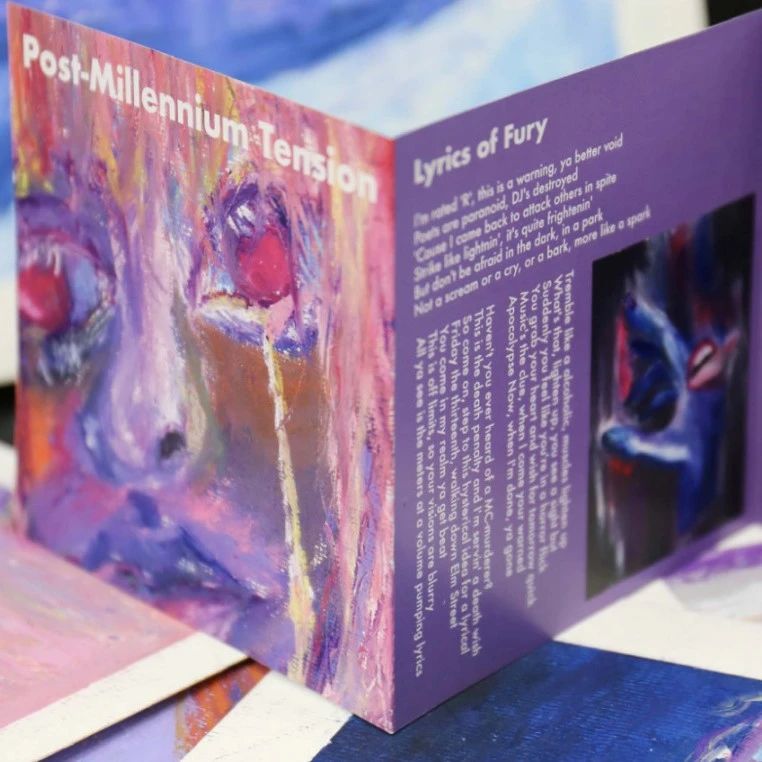今天我们为大家带来春季PF辩题解析②,继续拆解辩题探讨基因编辑技术背后的伦理考量,聊一聊「命运操控」背后的希望与争议,希望能帮助大家更深层次理解辩题。

基因编辑,这项让我们能够精准修改生命密码的技术,正悄然改变着人类社会。从治愈遗传病到提高作物产量,它无疑充满了巨大的潜力。然而,随着技术的飞速发展,随之而来的伦理问题也日益引发关注。
试问:我们是否应该允许父母为未出生的孩子“定制”基因?如果基因编辑只对富人开放,是否会让社会更加的两极分化?如果技术能够选择一个“完美”的人类,是否就意味着我们放弃了自然选择的权利?基因编辑技术的普及,不仅仅是一次科学革命,更是对我们道德观念和社会结构的深刻挑战。
Gene editing, a technology that allows us to precisely modify the genetic code of life, is quietly transforming human society. From curing genetic diseases to enhancing crop yields, its potential is undeniable. However, as the technology develops at an unprecedented pace, the ethical issues that arise alongside it are increasingly becoming a subject of concern.
The question we must ask is: Should parents be allowed to "design" the genes of their unborn children? If gene editing is only available to the wealthy, will it deepen the division of society? If this technology enables the selection of a "perfect" human, does that mean we are abandoning the natural process of selection? The widespread use of gene editing is not just a scientific revolution; it is a profound challenge to our moral values and social structures.
伦理争议:设计婴儿与优生学复辟
在基因编辑技术的应用中,最引人注目的伦理问题之一是“设计婴儿”。这一问题的核心争议在于,父母是否应该为未出生的子女选择基因特征。这种技术能让父母选择孩子的智力、外貌、甚至性格等特征,理论上还可以避免各类遗传性疾病。
然而,这样的技术同时也意味着对未出生个体自主权的剥夺。更需要警惕的是,如果这一技术仅限于富人阶层使用,可能加剧社会中的“基因鸿沟”,形成基于遗传优势的阶层分化:拥有“优良基因”的人群将占据社会的上层,而无法承担基因编辑费用的贫困阶层,则可能进一步被排除在社会竞争之外,甚至失去公平的生育权和受教育权。
Among the ethical issues surrounding the application of gene editing, one of the most striking is the concept of "designer babies." The core controversy here lies in whether parents should have the right to select genetic traits for their unborn children. This technology could allow parents to choose their child’s intelligence, appearance, or even personality traits, and theoretically, it could prevent a range of genetic diseases. However, such power also implies a deprivation of the unborn individual’s autonomy. What is more alarming is that if this technology becomes accessible only to the wealthy, it could exacerbate the "genetic divide" in society, leading to class stratification based on genetic advantages. Those with "better genes" may occupy the upper echelons of society, while the poor, who cannot afford gene editing, may be further excluded from social competition and even lose their fair right to parenthood and education.
代际正义与责任归属
另一大伦理问题涉及基因编辑的长期后果。编辑后的基因将传递给后代,但这些后代并未参与同意编辑的决策。万一基因编辑导致了遗传缺陷或生理异常,这份责任应当由谁来承担?是科学家、父母,还是监管机构?这个问题不仅仅关系到道德和法律责任,它还涉及到一个代际正义的问题:孩子们没有选择自己基因的权利,然而,他们却承担着基因编辑带来的后果。如何平衡这种权利与责任的分配,成为了当今在人类基因编辑中伦理讨论的重点。
Another major ethical issue revolves around the long-term consequences of gene editing. Edited genes will be passed down to future generations, but these descendants have not consented to the genetic modifications. If gene editing results in genetic defects or physiological abnormalities, who should bear responsibility? Should it be the scientists, the parents, or the regulatory bodies? This issue touches not only on moral and legal responsibility but also raises a question of intergenerational justice: children do not have the right to choose their own genes, yet they must bear the consequences of gene editing. How to balance the allocation of rights and responsibilities is a central ethical debate in human gene editing today.
基因歧视的新形态
随着基因编辑技术的普及,一种新的社会不公现象——基因歧视也将悄然出现。例如,保险公司或雇主可能会基于个体的基因信息进行差别对待,将携带某些“高风险基因”的人群视为“负担”,从而拒绝为其提供服务。这种基于基因的选择性行为将带来新的社会不公,进而形成“基因歧视”的新形态。在这种情况下,人类的遗传背景可能成为社会资源分配、就业机会、甚至医疗保障的基础,这无疑会进一步加剧社会的不平等。
As gene editing technology becomes more widespread, a new form of social injustice—genetic discrimination—could quietly emerge. For example, insurance companies or employers may discriminate against individuals based on their genetic information, treating those carrying "high-risk genes" as burdens and refusing to offer services. This selective behavior based on genetics will lead to a new form of social inequality, creating a "genetic discrimination" that undermines fairness in society. In such a case, an individual’s genetic background may become the basis for social resource allocation, job opportunities, and even healthcare, which will further exacerbate inequality.
哲学反思:人性与自然的再定义
1.技术异化与人性尊严
基因编辑技术的广泛应用不仅仅是技术进步,它还深刻影响着人类对自身的理解。哲学家海德格尔曾警示,我们在不断发展技术的过程中,可能会将生命视为“可操控对象”。如果基因编辑技术将人类降格为“可优化的产品”,那么人性的独特性和尊严将面临挑战。技术的异化可能导致我们对“人”的定义发生根本改变,改变了人与自然、人与自身的关系。人类可能不再被视为独立、自由的生命个体,而仅仅是基因操控下的“生物机器”。
1.Technological Alienation and Human Dignity
The widespread use of gene editing is not merely a technological advancement; it profoundly impacts how humans perceive themselves. The philosopher Heidegger warned that as we advance in technology, we may come to view life as "something to be controlled." If gene editing reduces humans to "optimizable products," human uniqueness and dignity may face significant challenges. The alienation of technology might fundamentally change our definition of "human," altering the relationship between humans, nature, and ourselves. Humans may no longer be seen as independent, free beings, but merely "biological machines" controlled by genetic manipulation.
2.遗传多样性的危机
基因编辑技术让我们可以选择性地修复遗传缺陷,但这也可能引发遗传多样性危机。基因多样性是物种适应环境变化的重要基础,而对“完美基因”的追求可能使得基因库趋于单一。统计数据显示,全球约10%的基因变异与疾病相关,但这些“缺陷基因”可能在演化过程中具有不可见的适应性价值。如果我们过于专注于消除所谓的缺陷基因,可能会破坏这种多样性,甚至丧失我们目前尚未认识到的遗传优势。
2.The Crisis of Genetic Diversity
Gene editing allows us to selectively correct genetic defects, but this could lead to a crisis in genetic diversity. Genetic diversity is crucial for species’ adaptation to environmental changes, and the pursuit of "perfect genes" might make genetic pools more homogeneous. Statistics show that around 10% of genetic variations are associated with diseases, but these "defective genes" may have unrecognized adaptive value in evolution. If we focus too much on eliminating so-called defective genes, we may endanger this diversity and lose genetic advantages we have yet to understand.
3. 自然演化的终结?
基因编辑技术的出现,促使我们开始反思自然选择机制是否仍然具有意义。如果人类可以主动干预自己的基因,是否意味着自然选择的终结?传统的自然选择依赖于物种在不断变化的环境中的适应,而基因编辑则是由人工选择决定的。这种“技术主导”的演化可能削弱物种应对突发环境变化的韧性。过度干预基因可能导致我们丧失物种适应性,使人类在未来面临无法预测的生存困境。
3.The End of Natural Evolution?
The advent of gene editing prompts us to reflect on whether the mechanism of natural selection still holds meaning. If humans can actively intervene in their own genes, does this mean the end of natural selection? Traditional natural selection relies on species adapting to an ever-changing environment, while gene editing involves human-directed choices. This "technology-driven" evolution could weaken species’ resilience in the face of sudden environmental changes. Excessive genetic intervention may result in a loss of species adaptability, leaving humanity vulnerable to unforeseen survival challenges in the future.
结语
人类基因编辑技术带来了前所未有的可能性,从治愈遗传病到提升作物产量,它在多个领域展现出巨大的潜力。然而,这项技术的迅速发展也引发了广泛的伦理争议和社会问题。基因编辑不仅关乎技术的精确性,更关乎如何在确保安全和公平的前提下合理使用它。随着我们迈向一个基因编辑可能成为常态的未来,如何平衡技术进步与伦理约束、个体自由与社会责任,将是我们必须面对的重大课题。
未来,我们需要更加深入地思考:基因编辑技术的广泛应用是否真正符合人类长远的利益,是否有可能在不知不觉中改变人类社会的基本结构和价值观。毕竟,技术的进步必须与道德的审视和社会的共识相辅相成,只有这样,我们才能确保基因编辑真正为人类带来福祉,而不是成为一旦打开就给世界带来无尽灾祸的潘多拉魔盒。
Human gene editing technology presents unprecedented possibilities, from curing genetic diseases to increasing crop yields. Its potential in various fields is immense. However, as the technology rapidly advances, it has also sparked widespread ethical debates and social concerns. Gene editing is not just about technological precision—it is about how we use it responsibly while ensuring safety and fairness. As we move toward a future where gene editing could become commonplace, the challenge will be to balance technological progress with ethical constraints, individual freedom with social responsibility.
In the future, we need to think more deeply about whether the widespread use of gene editing truly aligns with humanity's long-term interests, and whether it could inadvertently alter the fundamental structure and values of human society. After all, technological progress must be accompanied by ethical scrutiny and societal consensus. Only then can we ensure that gene editing brings genuine benefits to humanity, rather than becoming a Pandora's box of endless unintended consequences.














